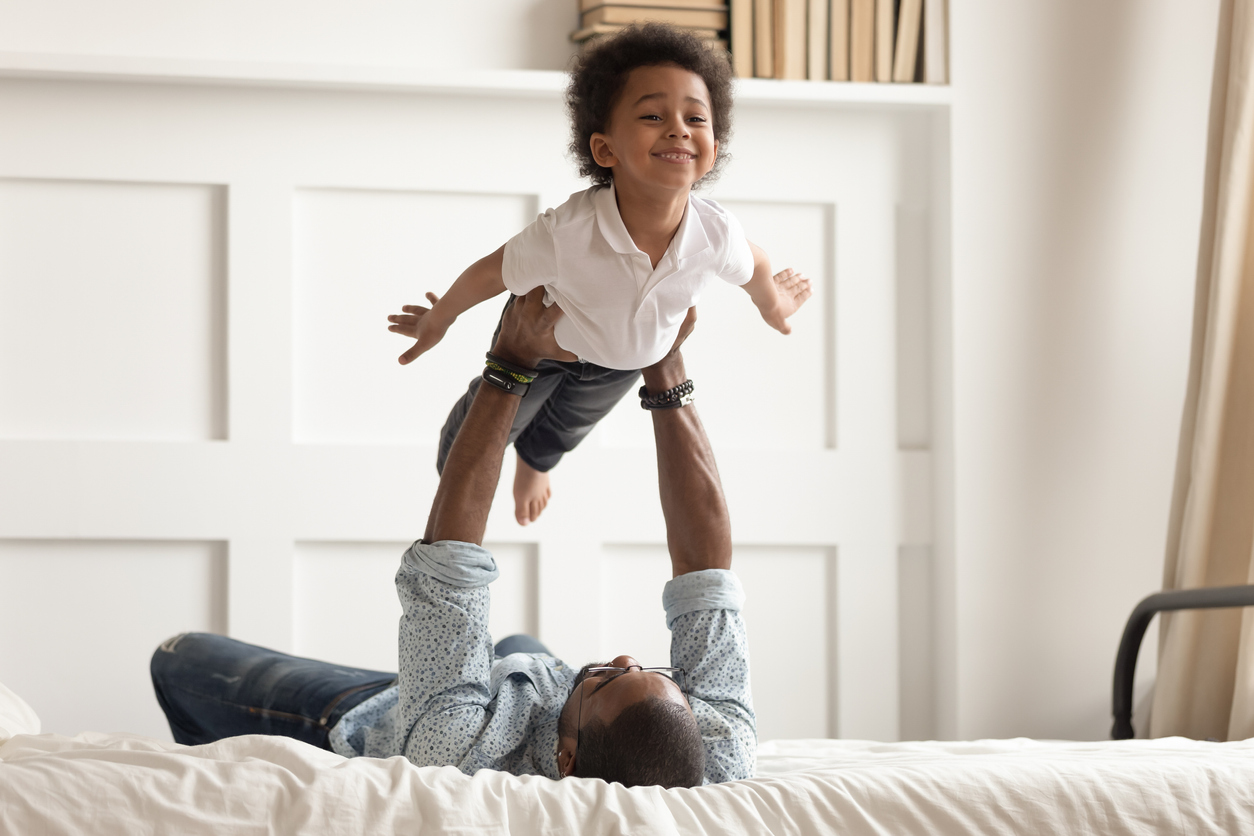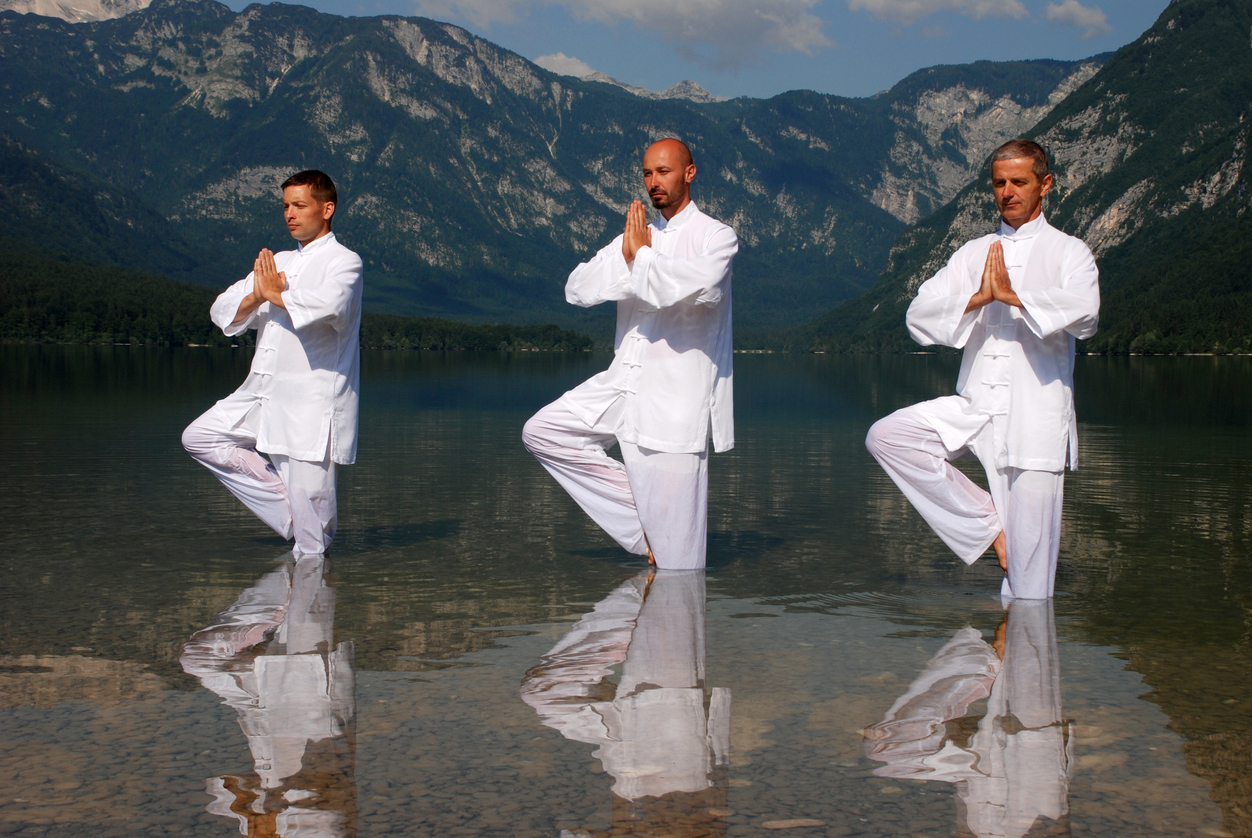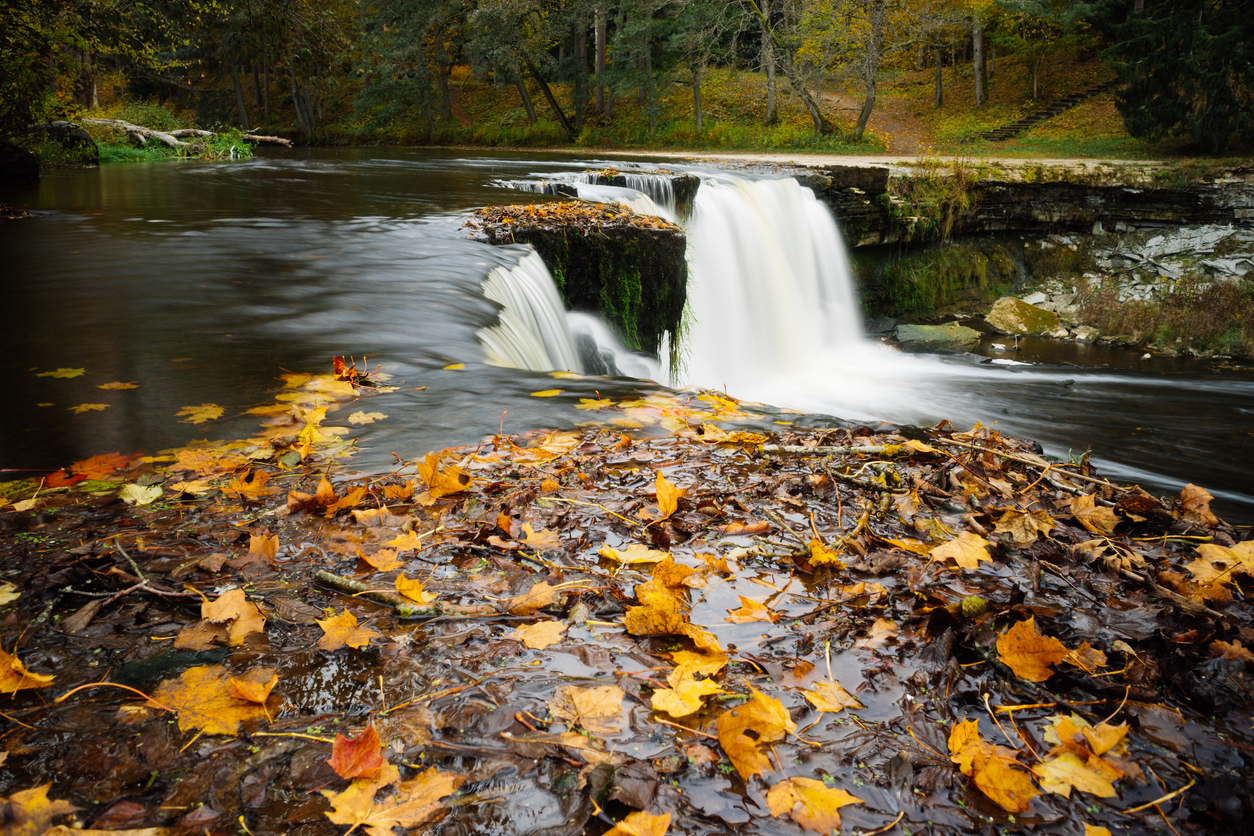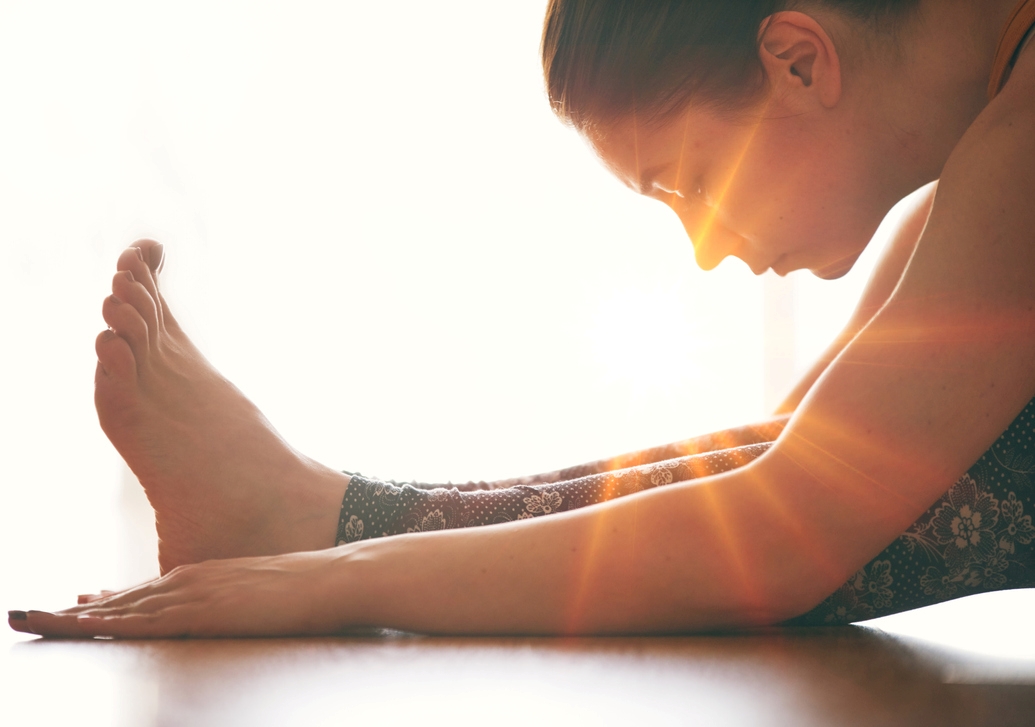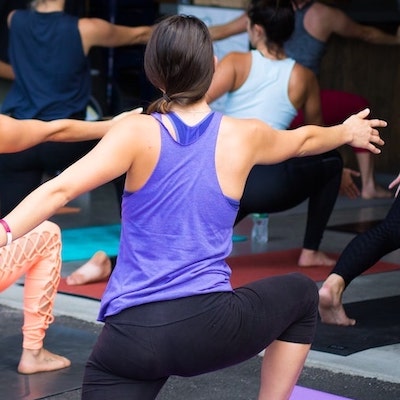As we age we accumulate habits. Our morning routine. The stores we tend to shop at.
As we age and move, we accumulate hidden movement habits.
One of the hidden habits I see in my clients is what I call the perfection equation.
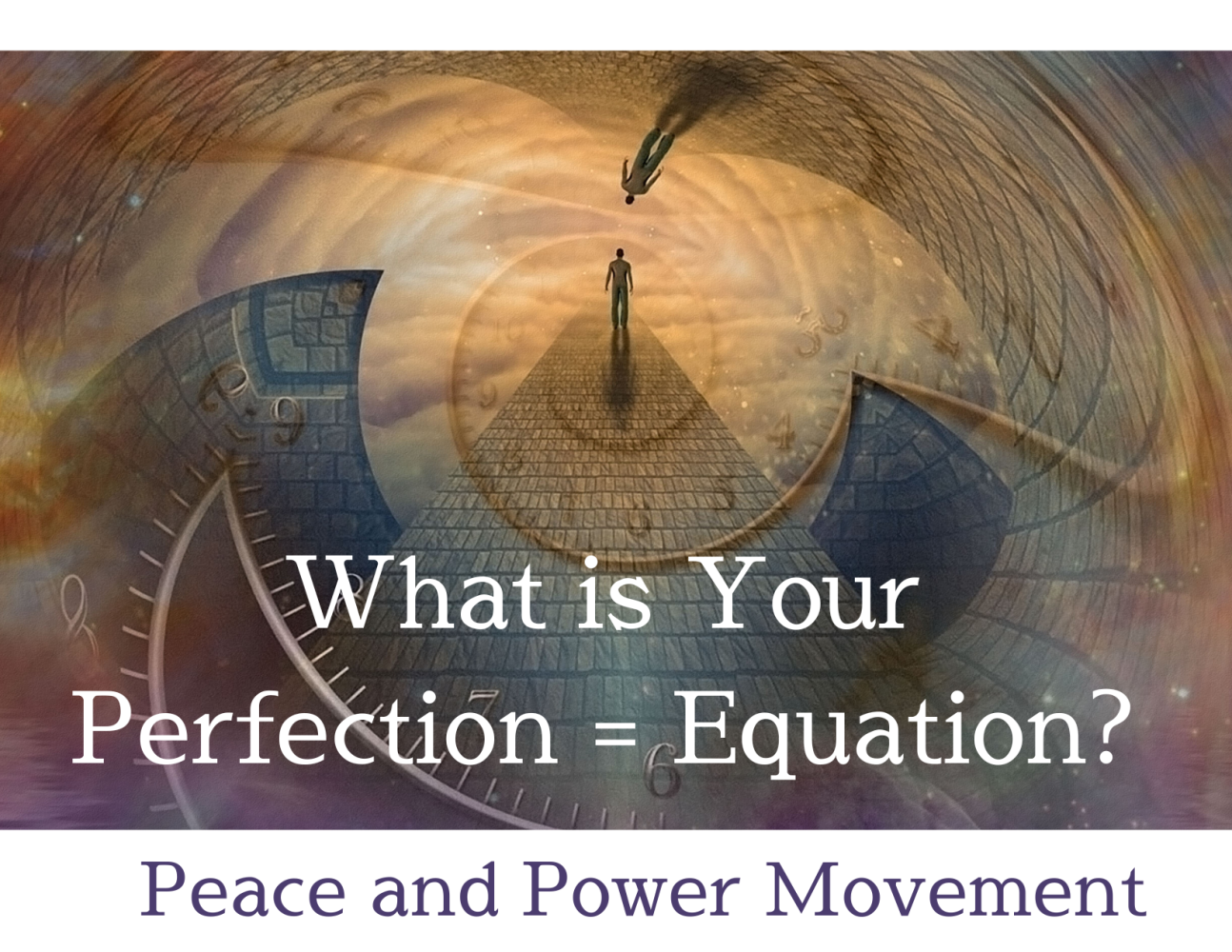
It is a drive, when paying attention to your movement, to get it right. At the end of a lesson, often my clients say to me,
“Am I walking correctly?”
My clients ask me as an authority to rate their walking. Sometimes they rate their own walking.
One of the things I focus on when I meet my client’s drive to move correctly is to re-direct my client’s attention to what they sense as they move. Thinking about and judging our movement doesn’t help us shift hidden movement habits.
As we age, we accumulate movement habits from events like the:
- car accident we recovered from in our 20s.
- fall we had off the monkey bars when we were 8.
- ankle sprain we had in our 30s
As we age, we can organize these accumulations of movement habits around an invisible goal. Like not falling. Keeping ourselves safe. Avoiding pain while we walk.
That way of organizing ourselves affects every part of us as we move.
We can’t shift this hidden level of organization by only thinking and judging our movement. We also need to sense our movement.
One of the ways I support my clients to detect their hidden movement habits is to listen when they walk. What sound does their foot make when landing on the ground. A heavy thud? A soft step?
What would you need to sense to walk softly? How does the attempt to walk softly change how you listen to yourself?
When I focus so strongly on moving correctly and silently impose a perfection standard when I judge how I move, this habit looks something like:
- I block out what I feel and focus on what I do
- I try harder to walk correctly even if it doesn’t feel good.
What is missing from movement driven by an inner standard of perfection is this:
𝙇𝙞𝙨𝙩𝙚𝙣𝙞𝙣𝙜
When we move driven by the perfection equation, we command our bodies to be perfect. So we stop listening to the reality, to the lived humanity of our body.
𝗜𝘁 𝗶𝘀 𝗮𝗻 𝘂𝗻𝗸𝗶𝗻𝗱 𝘄𝗮𝘆 𝘁𝗼 𝗯𝗲
Listening to your body is a basic form of kindness. In my work with clients, we mobilize listening to your body to use the power of kindness to improve your movement performance.
As we age, listening to our body is a necessary kindness so we can continue to move to • maintain strength • find efficiencies • nurture stamina
Using this basic power of kindness is a form of body wisdom.
Check out my movement wisdom quiz to learn practical ways you orient to the perfection equation and how to support yourself to move wisely as you age. https://www.peaceandpower.ca/categories/movement-wisdom-quiz
